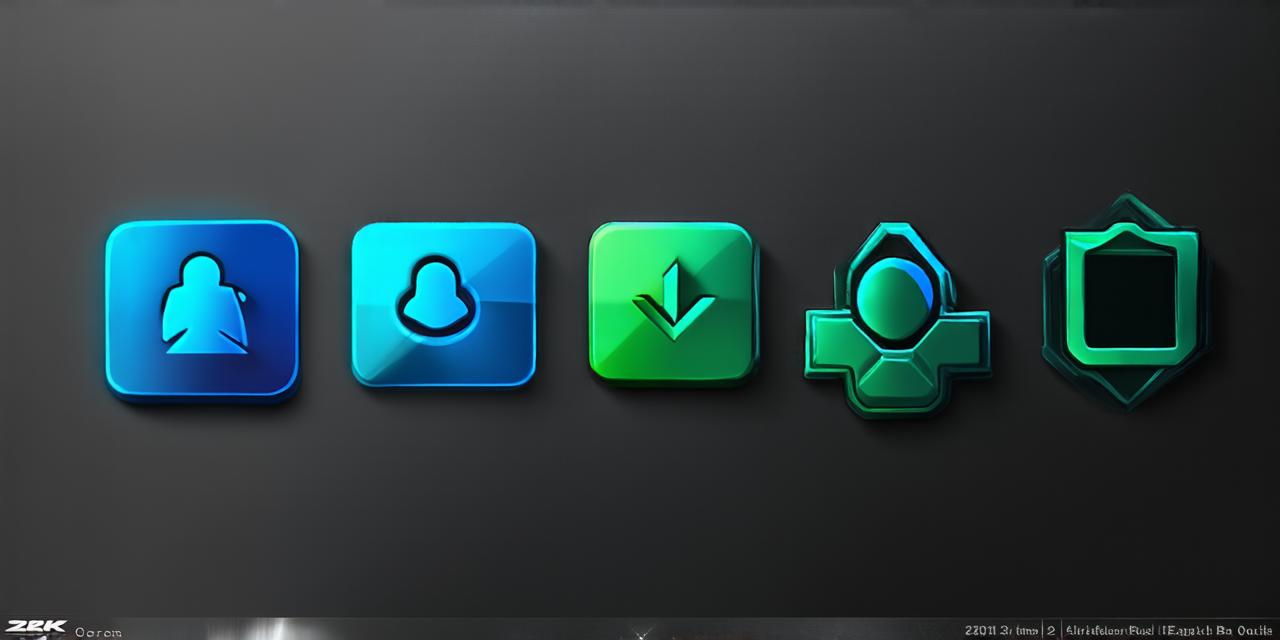Unity is a popular game engine that allows developers to create interactive experiences across multiple platforms. It is known for its ease of use and accessibility, making it a popular choice for novice developers who are just starting out in the field.
Pros of Using Unity
1. Easy to Use: One of the biggest advantages of Unity is its ease of use. It has a simple and intuitive interface that allows even novice developers to create complex scenes with minimal effort. The drag-and-drop system makes it easy to build and modify your projects, while the built-in tutorials and documentation make it easy to get started.
2. Cross Platform: Unity supports multiple platforms, including Windows, Mac, iOS, Android, and web browsers. This means that you can create your project once and deploy it across multiple devices, saving you time and effort.
3. Large Community: Unity has a large and supportive community of developers who are always willing to help newcomers. You can find plenty of resources online, including forums, tutorials, and sample projects, that can help you learn and improve your skills.
4. Versatile: Unity is not just a game engine; it’s also a powerful tool for creating interactive experiences across multiple industries, including education, healthcare, and marketing. This means that you can use Unity to create anything from games to virtual reality simulations, making it a versatile and flexible tool.
Cons of Using Unity
1. Steep Learning Curve: While Unity is easy to use, there is still a learning curve involved. The more advanced features of the engine require some knowledge of programming concepts such as C scripting and object-oriented programming. If you’re not familiar with these concepts, it may take some time to master them.
2. Performance Issues: Unity can be resource-intensive, especially when creating complex scenes with lots of objects and effects. This can result in performance issues on lower-end hardware, which can frustrate players or users.
3. Limited Customization: While Unity offers a lot of built-in features and assets, it may not always meet your specific needs. If you require advanced customization or want to create something truly unique, you may need to look elsewhere.
4. Cost: Unity has both free and paid versions, but the paid version can be expensive if you plan on using it for commercial projects. The cost of a license can vary depending on your needs and usage, so it’s important to consider the financial implications before making a decision.
Summary
In conclusion, Unity is a suitable tool for novice developers who are just starting out in game development or creating interactive experiences. Its ease of use, cross-platform capabilities, large community, and versatility make it an attractive option for beginners. However, there are some potential drawbacks to consider, such as the steep learning curve, performance issues, limited customization, and cost. Ultimately, the decision to use Unity depends on your specific needs and goals, so it’s important to carefully consider all of the pros and cons before making a choice.
